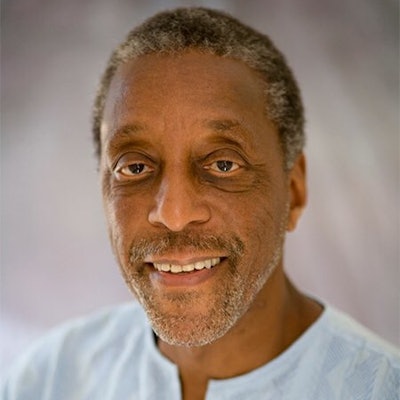Dr. James Turner, a pioneer in the field of Black studies and the founding director of the Africana Studies and Research Center at Cornell University, died last week.
In many ways, Cornell is considered the birthplace of Africana studies, a term Turner coined to conceptualize the comprehensive studies of the African diaspora and describe the multidisciplinary analysis of the lives and thoughts of people of African ancestry throughout the world.  Dr. James Turner
Dr. James Turner
Turner was a founding member of TransAfrica, an African American lobbying organization. During the 1970s, he was the national organizer of the Southern Africa Liberation Support Committee, which pressed the anti-apartheid campaign in the United States.
As a Schomburg Research Fellow at the Schomburg Center for Research in Black Culture in New York City, he conducted research on the political philosophy of Malcolm X that served as the basis for his work on the prize-winning PBS series “Eyes on the Prize.”
In 2019, Cornell held a two-day symposium to honor Turner, who held the post of professor emeritus of African and African American Politics and Social Policy at Cornell.
“James Turner gave his life and academic career to uplift our people. His character, sacrifice and steady hand in apprenticing us for liberation intellectual work remains the model of Black/Africana Studies,” said Dr. Greg Carr, associate professor of Afro-American studies at Howard University.
Dr. Ibram X. Kendi, director of the Center for Antiracist Research at Boston University and the Andrew W. Mellon Professor in the Humanities, said that Turner was “an institution builder like no other.”
“One of the leading lights of Black Studies has gone to rest with the ancestors,” Kendi tweeted. “Rest in power Dr. Turner.”















